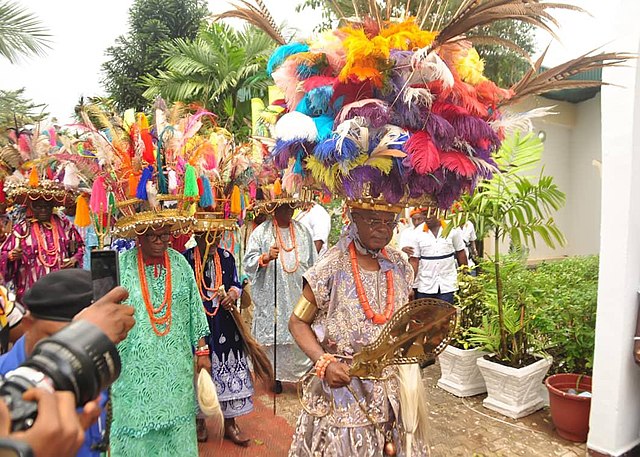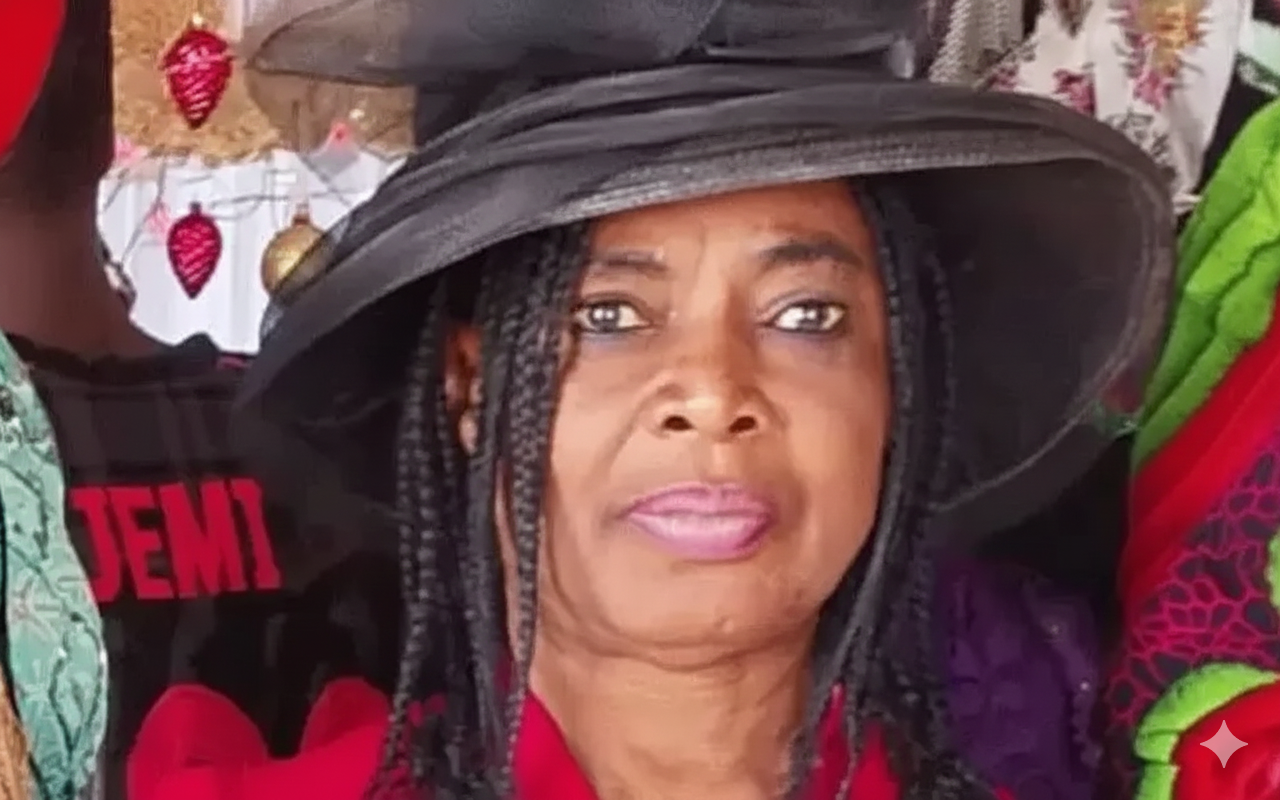The Lagos State government has announced plans to collaborate with the African Cities Research Consortium (ACRC) team to explore avenues for sustainable urban interventions in the metropolis.
The Commissioner for the Environment and Water Resources, Mr Tokunbo Wahab, revealed this during a courtesy visit by the ACRC Team at Alausa.
He stated that the collaboration would enhance the commitment to fostering inclusive urban transformation and resilience in Lagos State.
Wahab expressed gratitude to the team for selecting Lagos as one of the five cities on the continent for this project.
“Lagos is a very unique state in every sense. It is the smallest state in Nigeria in terms of landmass,” Wahab emphasised.
He pointed out that Lagos is a dot on the map of Nigeria, covering 3,575 square kilometres of land, with one-third being water, including the Atlantic Ocean to the south. Lagos also has creeks, lagoons, rivers, and accommodates 10 per cent of the country’s population.
Wahab mentioned that the only state bordering Lagos is Ogun State, which is why many water projects in Lagos State are located in Ogun State to ensure a clean water source.
Furthermore, Wahab highlighted that Lagos is situated below sea level, making it particularly susceptible to climate change risks, including excessive rainfall and heat.
He explained that rising sea levels during heavy rains cause flash flooding when stormwater cannot discharge into the lagoon or the Atlantic.
Despite these challenges, Wahab stressed the importance of addressing climate change issues, as the government recognises the reality of climate change.
Wahab outlined the state government’s efforts to provide resilient infrastructure year-round across the state and ensure ongoing cleaning, dredging of channels, and maintenance of pumping stations in low-lying areas, such as Lagos Island, to prevent flooding.
The government had also transitioned from a collect-and-dump waste management system to a sustainable circular economy for a cleaner and more livable state.
Wahab mentioned the government’s commitment to remove structures built on stormwater parts of wetlands to allow proper discharge.
Responding, Irene Vance, Head of Programme Delivery at the African Cities Research (ACRC) Consortium, University of Manchester, expressed appreciation for collaborating with the state government to address urban challenges.
She emphasised the importance of working with subnational governments to improve security, transportation, water, sanitation, health, and nutrition.
Project areas like Okerube in Alimosho Local Government and the ongoing lighting project in Ajegunle under Ajeromi-Ifelodun Local Council were highlighted as examples of the collaboration’s impact.






